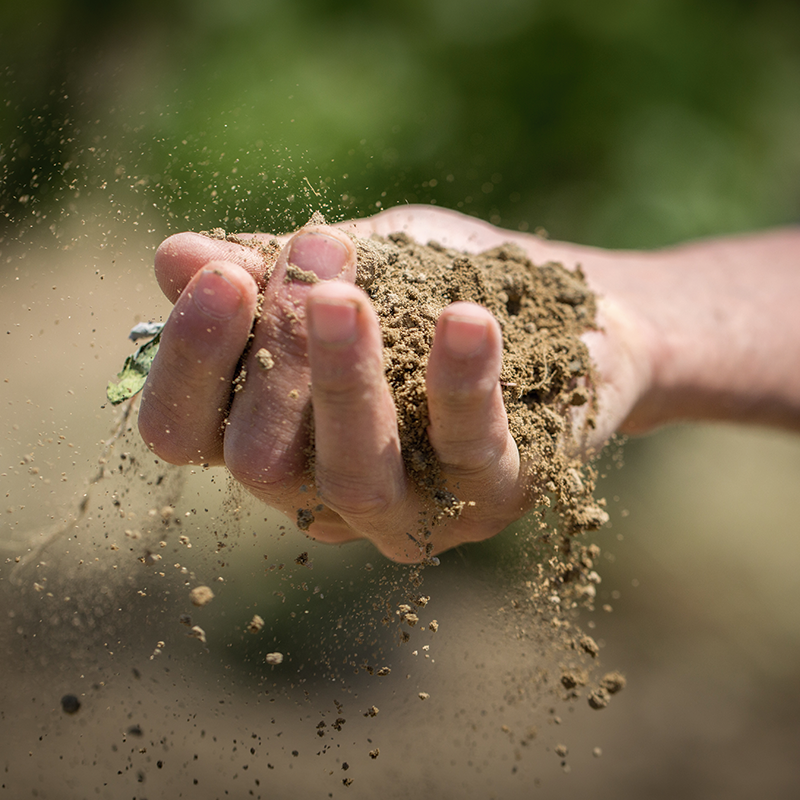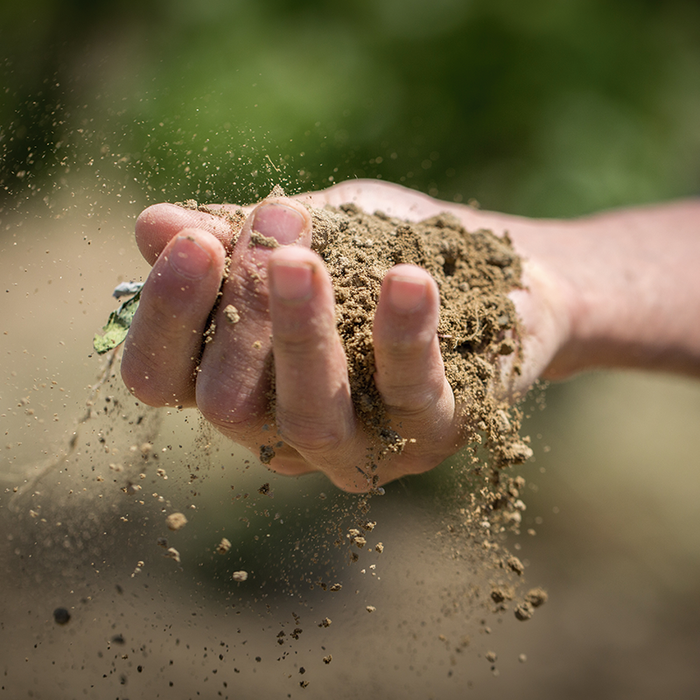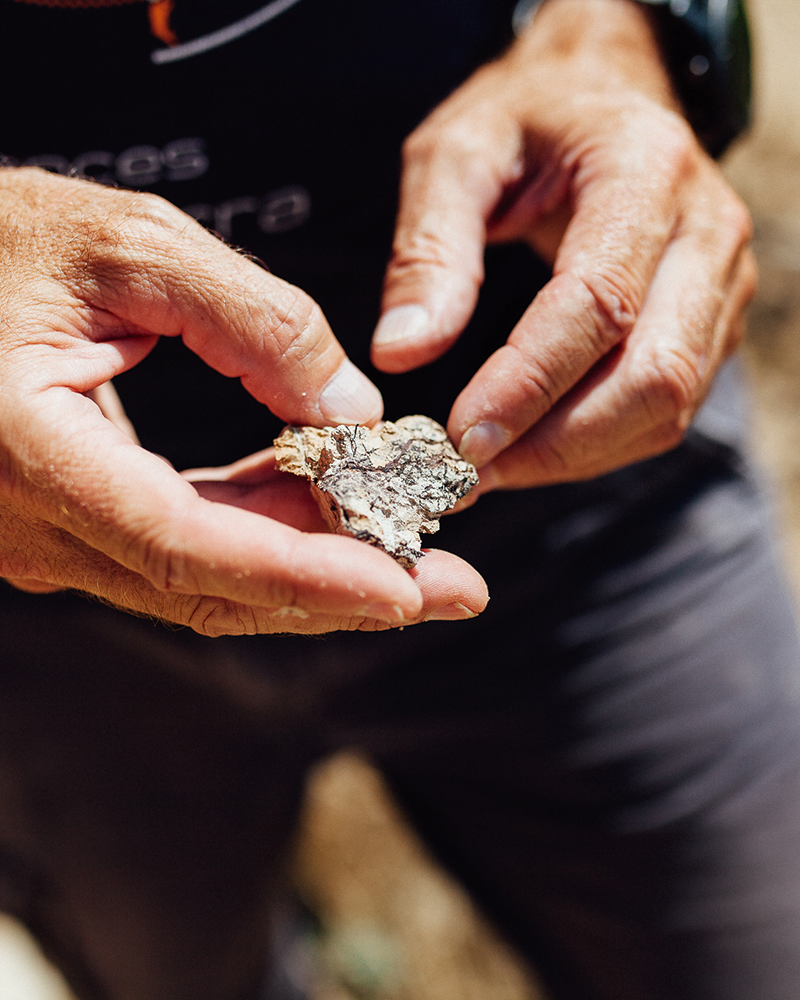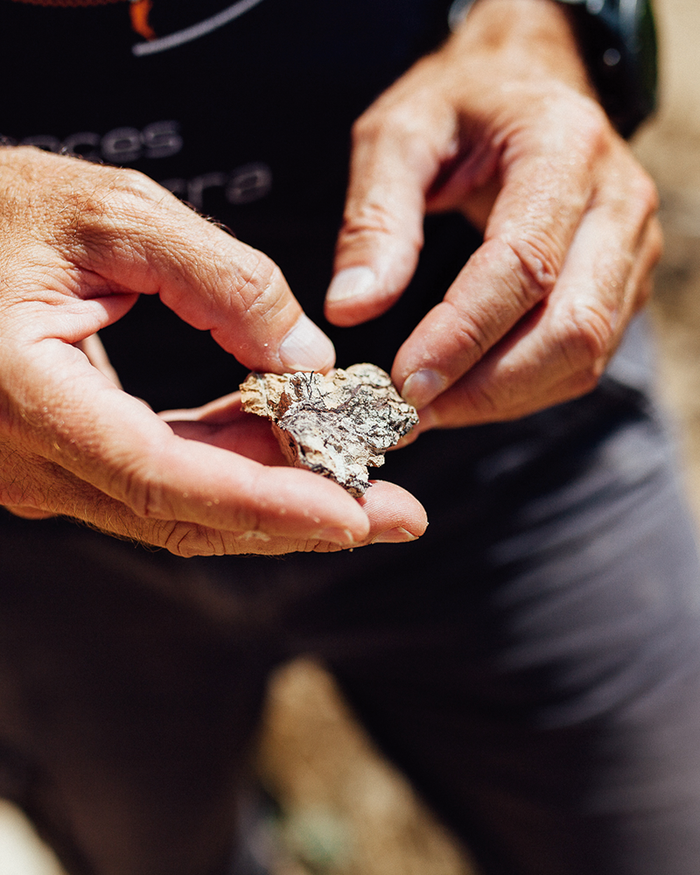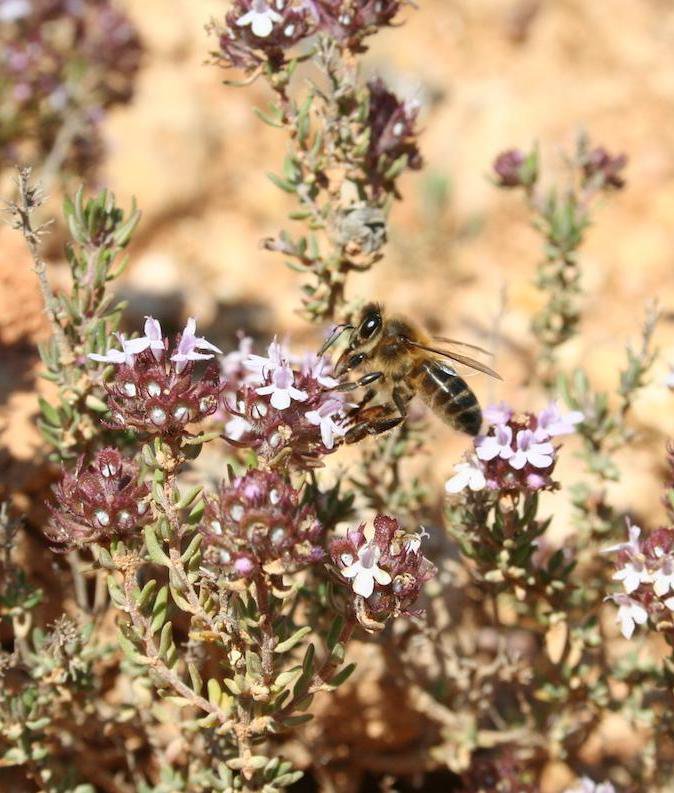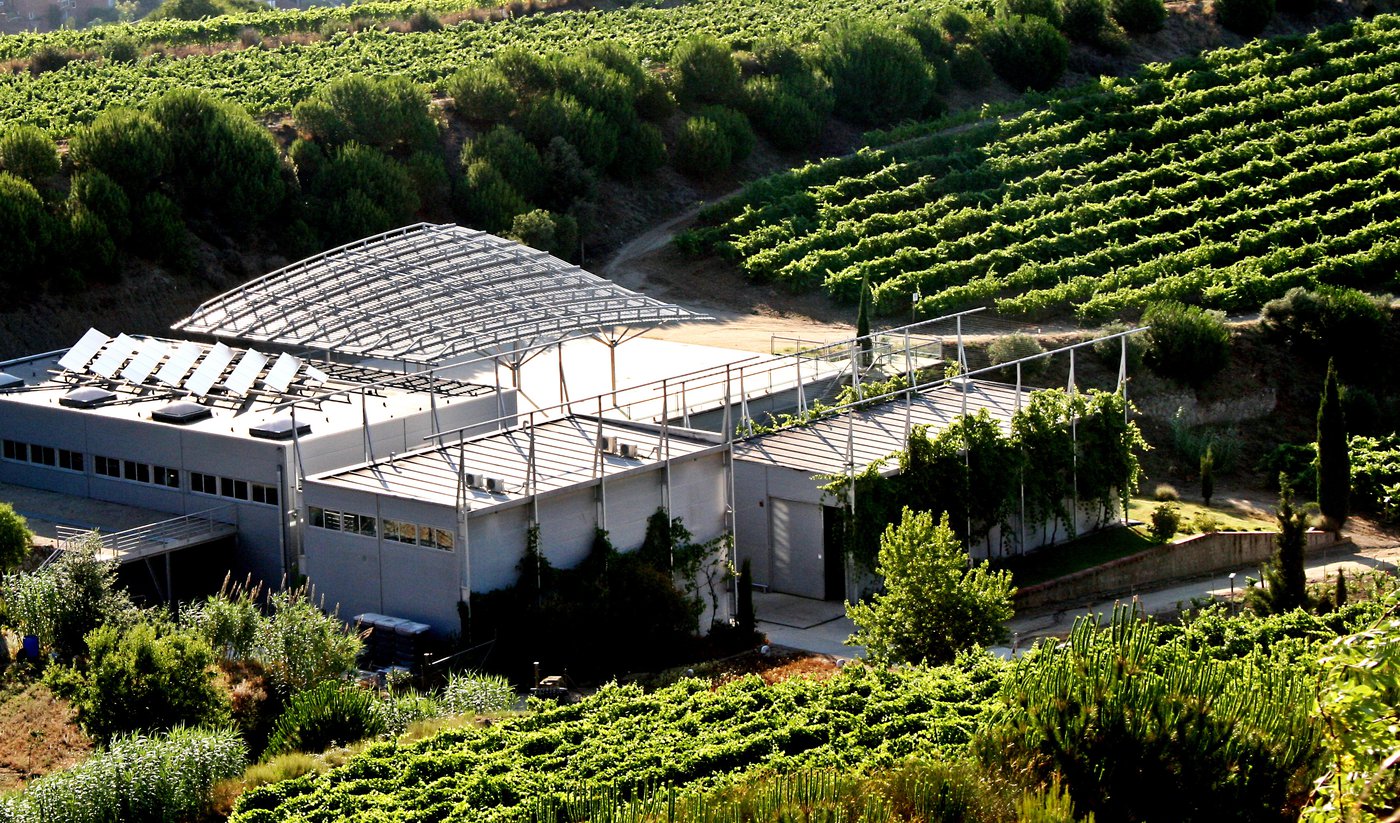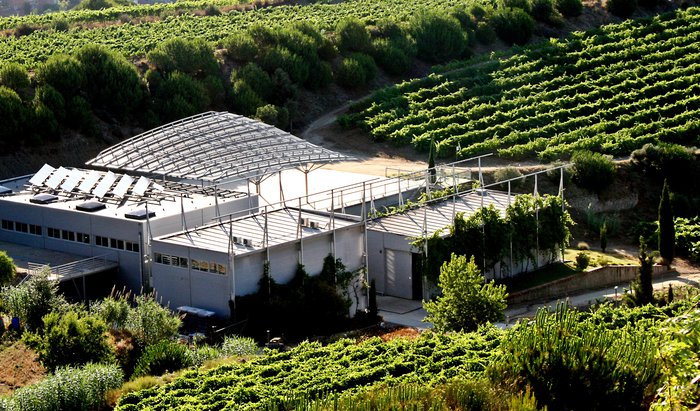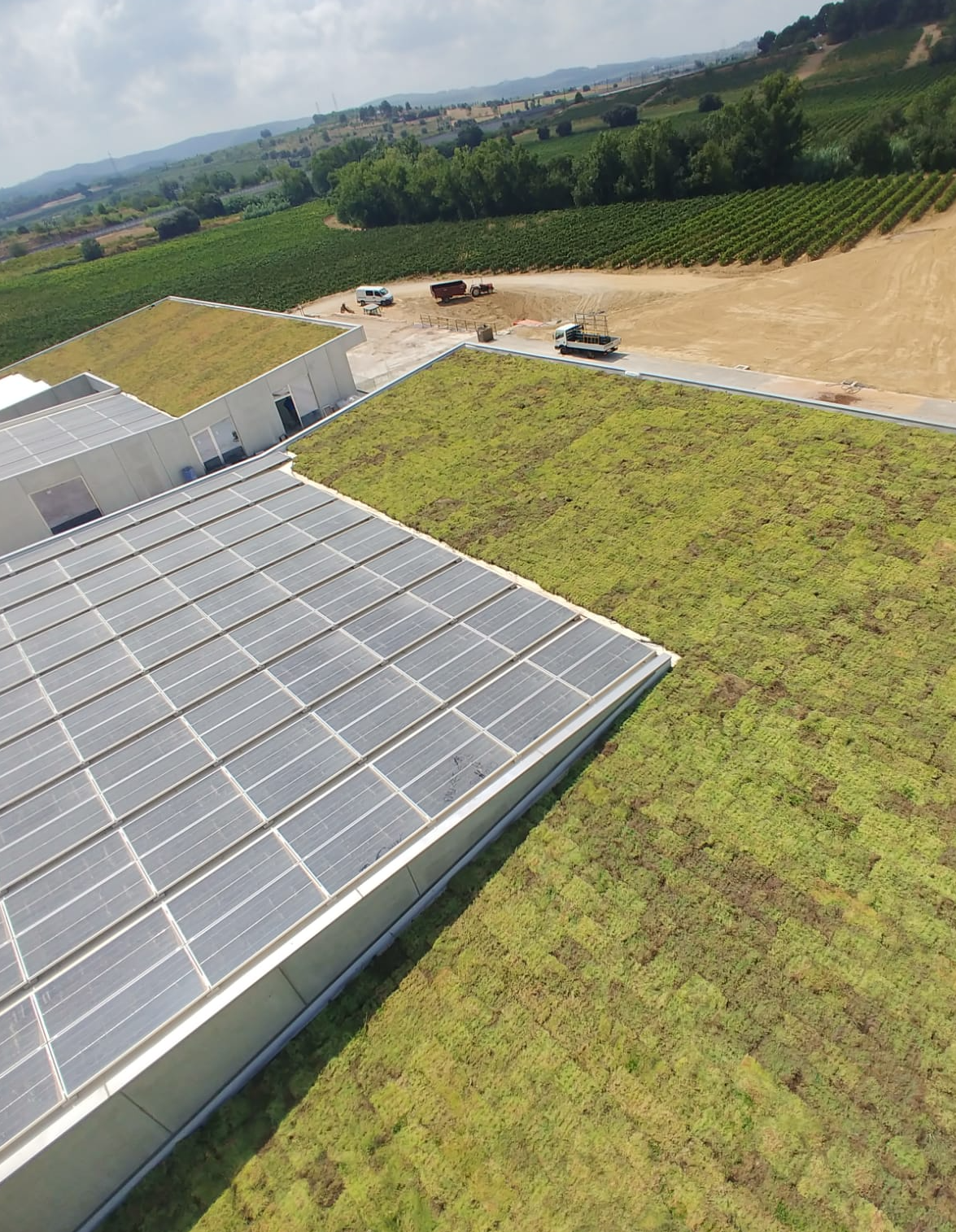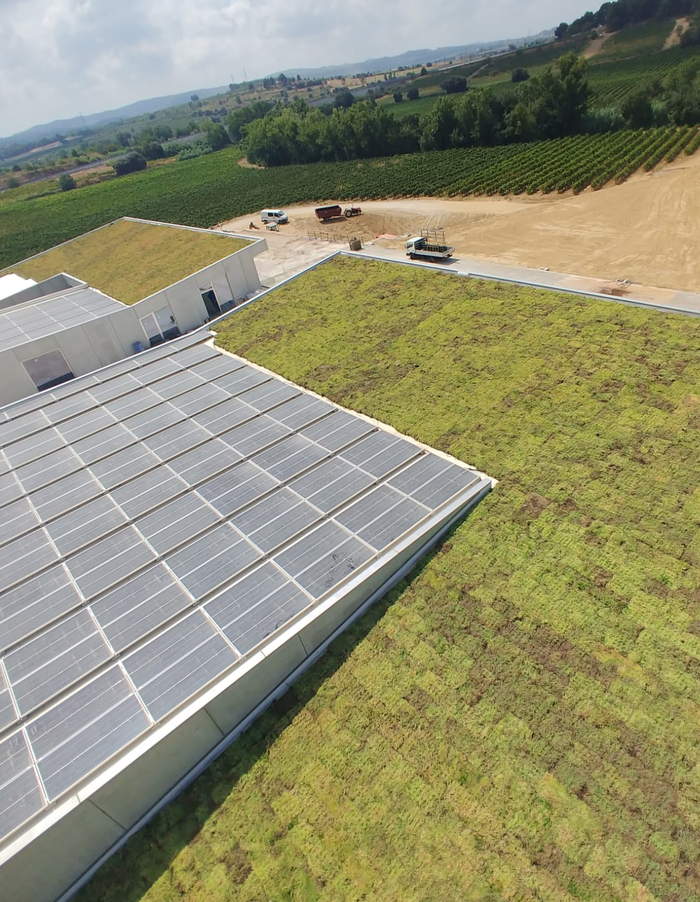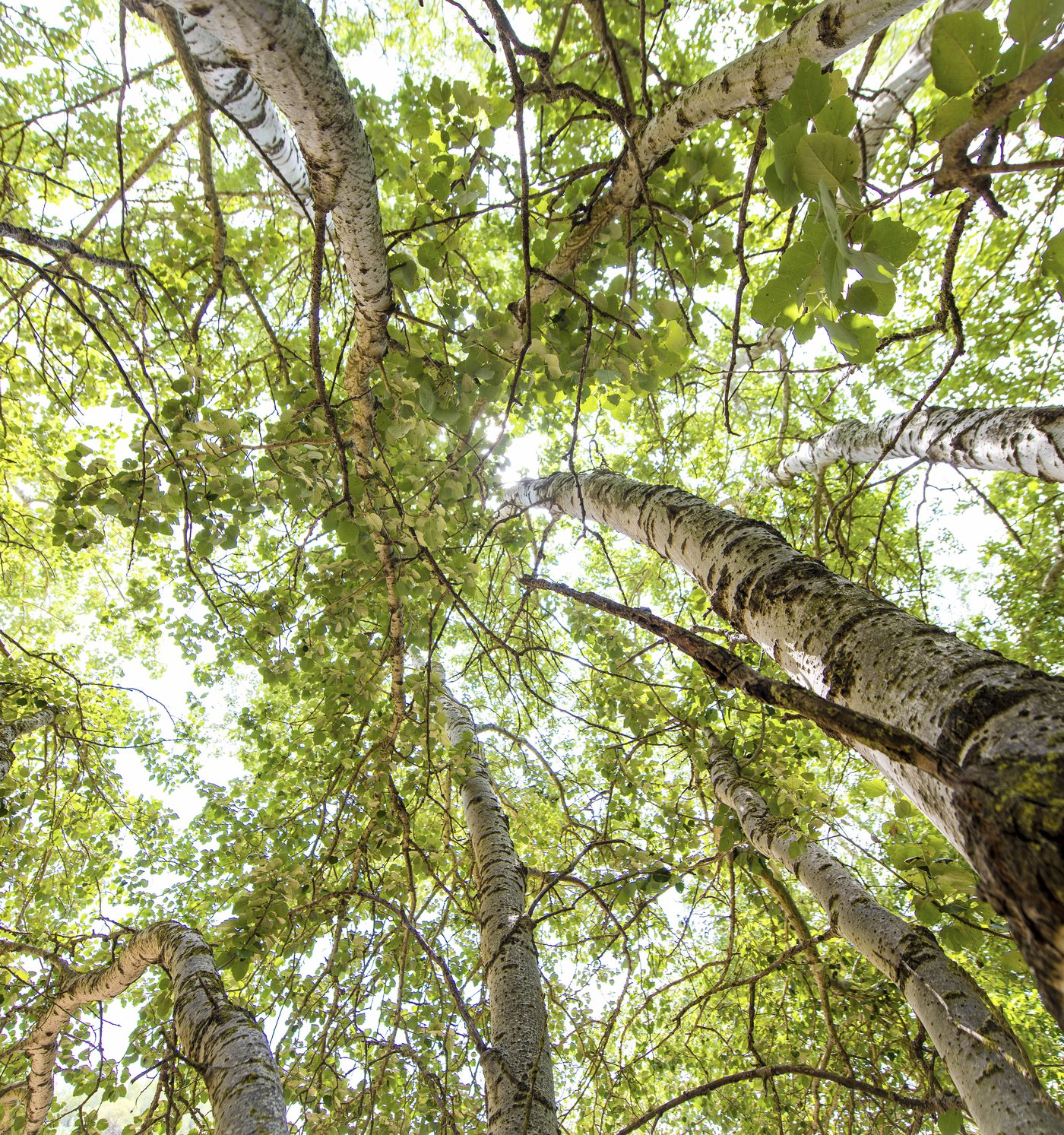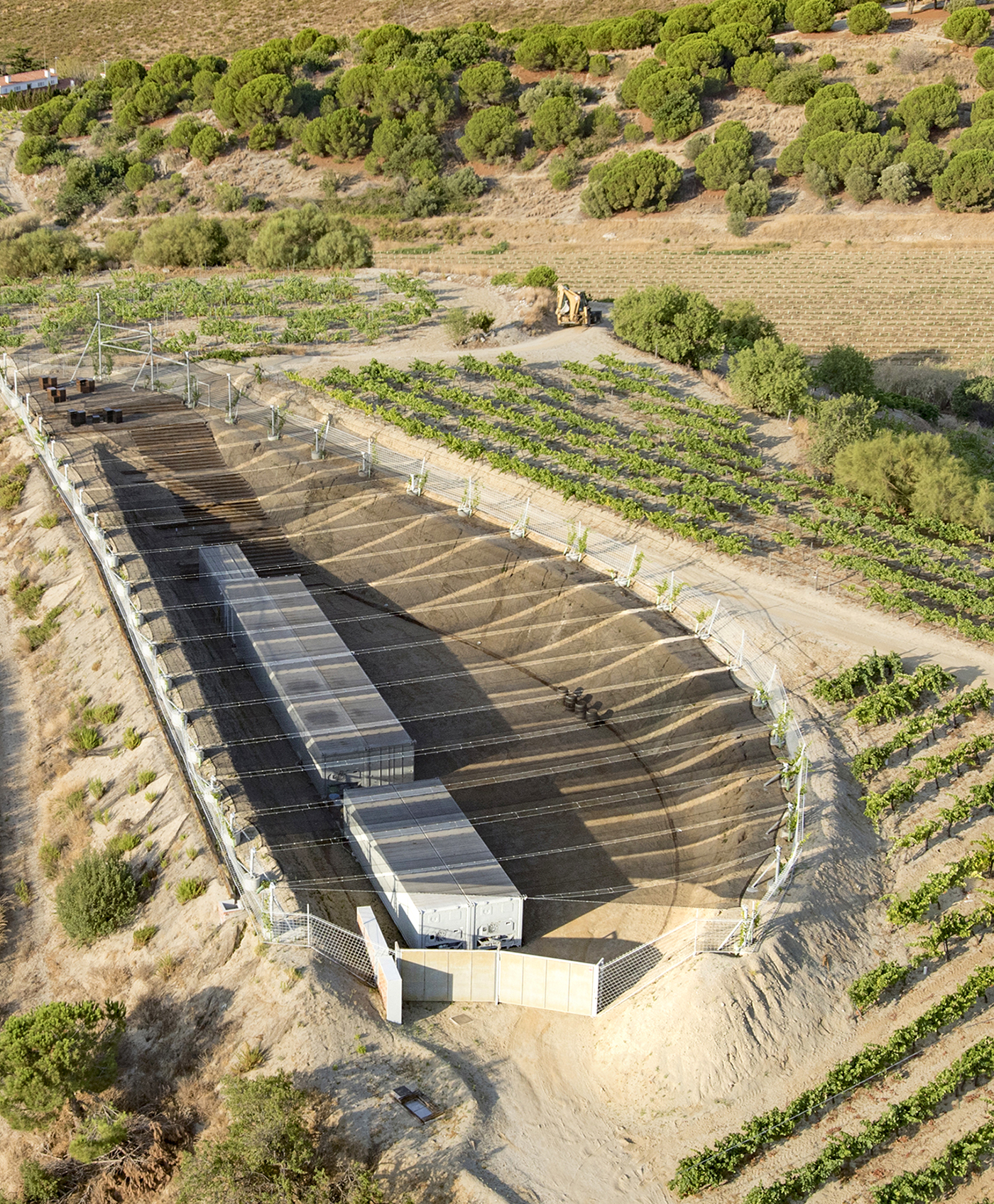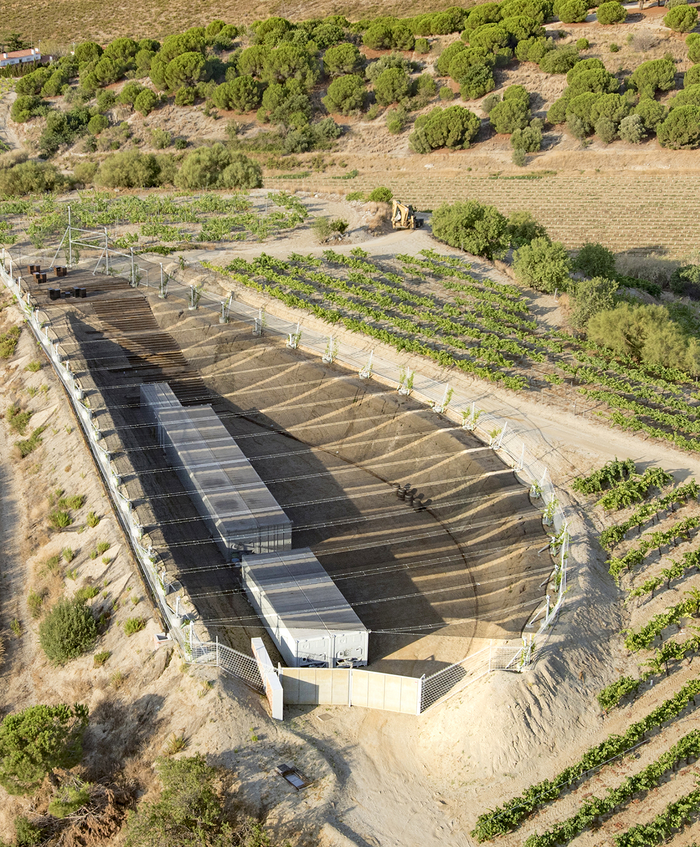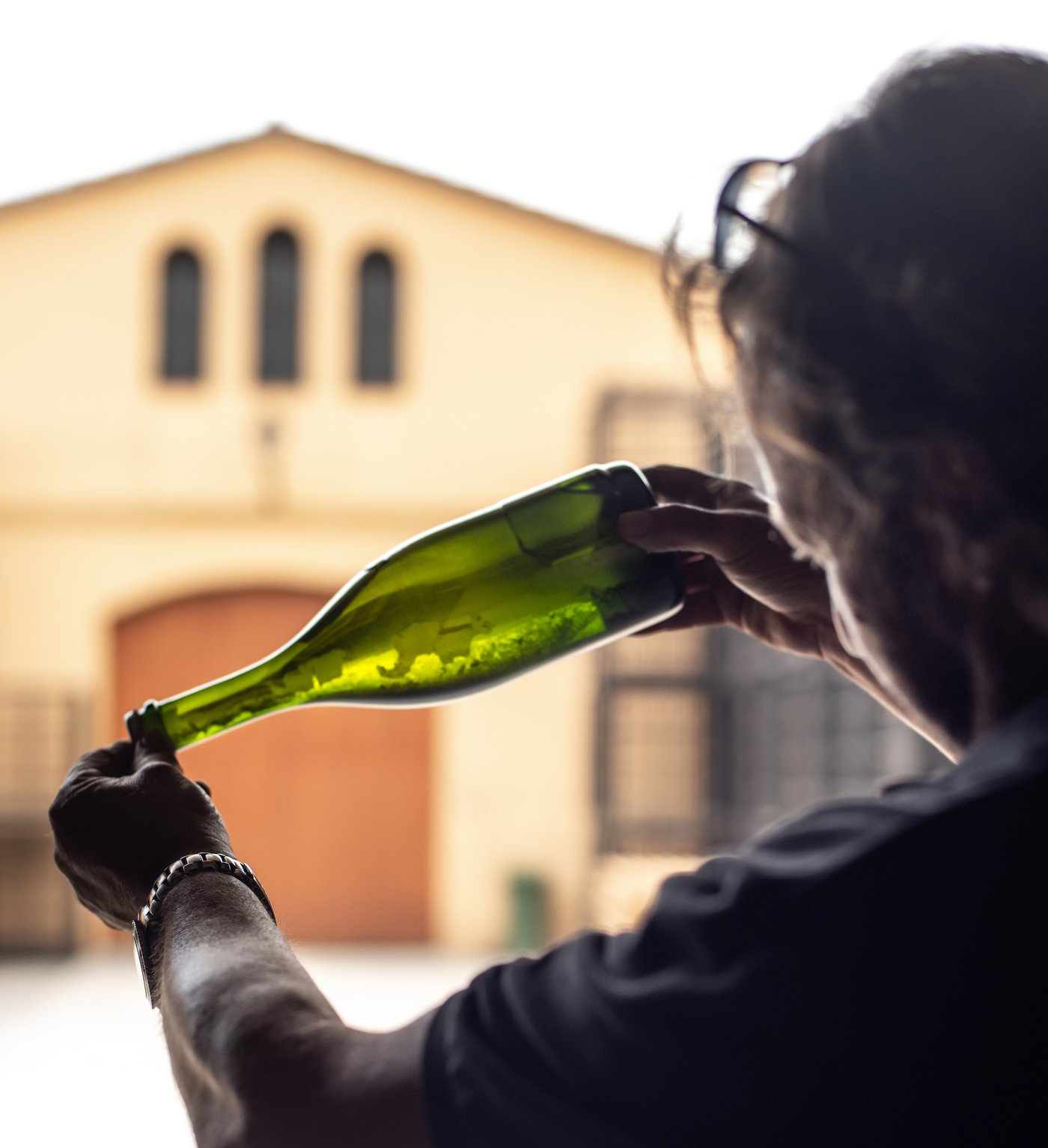Finding a way to produce Cava with the lowest possible impact on the environment is a major concern for many wineries of the D.O. (Designation of Origin) Cava.
Due to its geographical location, the D.O. Cava offers favourable conditions for the implementation of organic viticulture. Together with the clear vocation towards sustainability of many of its wineries, this has led to a commitment to organic products and production, as well as important advances in the field of research.
In order to demonstrate their continuing progress along the path of sustainability and respect for the environment, the winemakers have implemented some measures:
- Reduced dosage, and less use, of chemical treatments in the vineyard.
- Conservation and development of the terroirs, biodiversity and landscapes.
- Responsible water management.
- Measuring and reducing the footprint of carbon dioxide and greenhouse gases, which affect global warming.
- The use of recyclable and compostable materials, both for bottles and packaging (recycled paper, non-polluting inks, plastics of vegetable origin, etc)
